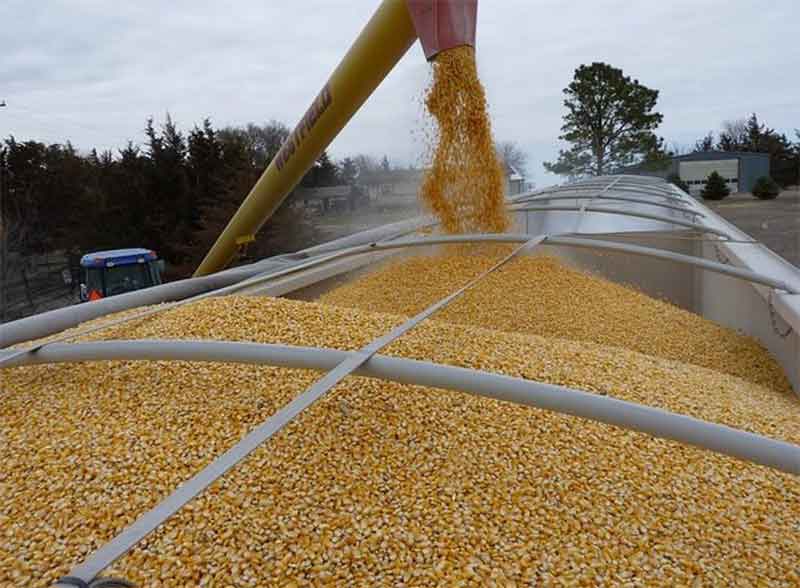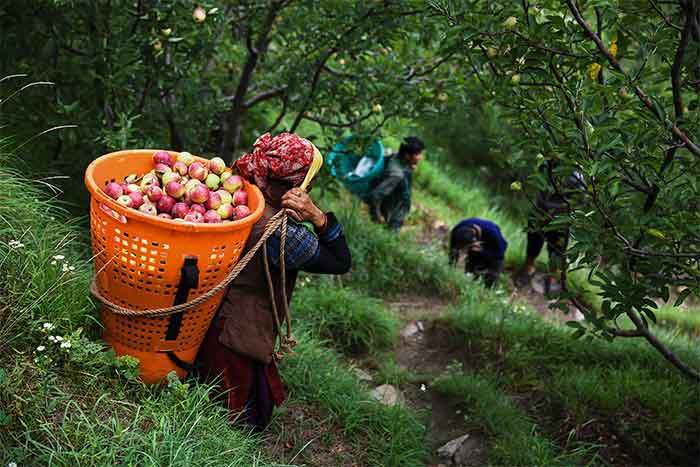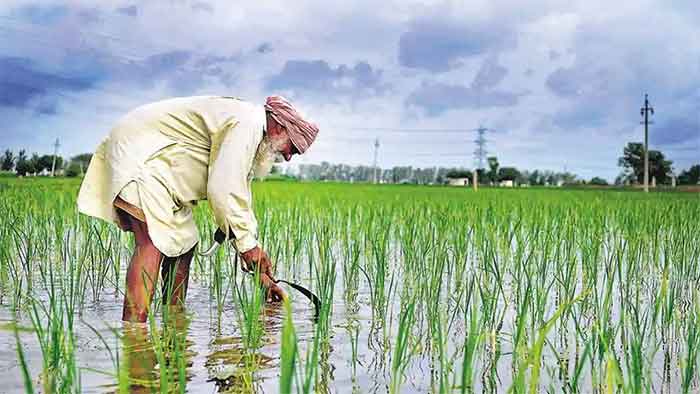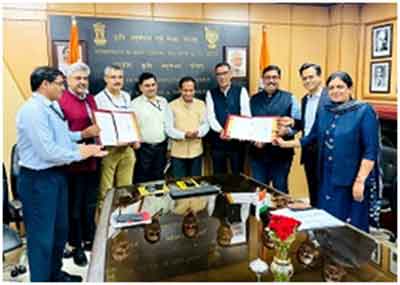
One of the most persistent beliefs in development discourse has been that progress inevitably involves shift from rural to urban areas. This is largely rooted in the historical industrial path of progress. But there are a number of important reasons led by environmental ones why the past models of development which have brought us to the brink of a survival crisis should be challenged and along with this the myth of progress necessarily involving shift of large numbers of people from village to city over a period of time should be challenged.
Faced with the serious challenge of climate change and related environmental problems, we need different ways of living and thinking. Challenging such well entrenched myths and thereby moving towards doing things differently is an important part of the solution.
There is wide agreement that checking climate change has to be a very big priority. While much can be done to reduce GHG emissions in urban areas as well, of course, on the whole the possibilities of very large-scale actions for checking climate change are more in the context of rural areas than in the context of urban areas. Whether we think of increasing the organic content of soil or increasing green cover, there are many more possibilities of this in rural areas where there are also more prospects of integrating this well with a very large number of very creative livelihoods.
A related part of the myth is that huge amounts of food can be produced in very large mechanized monoculture plantations and existence of rural communities is not integral to meeting food needs. Again, however, the challenge of checking climate change brings new emphasis to the importance of promoting vibrant rural communities ( important in any case for social reasons) as the kind of farming needed for checking climate change– involving protecting and increasing organic matter in soil, protecting and increasing overall green cover, involving mixed farming of several kinds—is not possible in mechanized monoculture but instead needs communities of small farmers and family farmers who are most suitable for this highly creative and skilled work. All this is of course very useful and important for other high priority considerations as well like availability of safe and healthy food and secure, sustainable livelihoods based on this.
Similarly food processing is most healthy, most linked to livelihood protection, most linked to environment protection and least wasteful when it takes place at the level of rural communities.
Further, many other kinds of needs can also be met in cottage and small-scale units in rural areas, in more environment-friendly ways and using much lesser fossil fuels, creating more diverse livelihoods within rural areas, reducing the need for permanent shifting to urban areas.
In addition, of course, it is possible for rural households to retain their base in villages while at the same time availing of additional opportunities in urban areas in various ways, forging a supportive, complementing relationship instead of a relationship that involves uprooting, displacement or permanently shifting or moving away.
In particular it should be possible to avoid the very dense concentration of population in a few mega cities which is leading to very high levels of pollution and other problems in such cities. Of course it is also possible to improve things within the existing mega cities in several creative ways and mega cities may also have some advantages which should be built on, but at the same time it is nevertheless good to create conditions of more dispersed activity and population rather than very concentrated and centralized ones.
Bharat Dogra is a journalist and author. His recent books include Man Over Machine and Earth Without Borders.
IF YOU LIKED THE ARTICLE SUPPORT PEOPLE’S JOURNALISM
















































